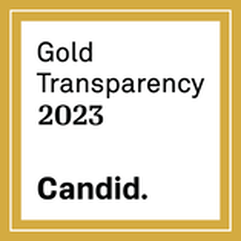|
In February 2020, the Center partnered with the The Cultural Competence Resource Committee’s African American Subcommittee to produce an evening of education, speakers and panels, discussion and sharing, and socializing around some very delicious food while listening to live music. While we can't gather in person this year, we hope you'll enjoy this look back at 2020's celebration. racial inequality and intersectionalityDr. Rhonda Dugan was the evening’s keynote speaker. Dr. Dugan is an Associate Professor of Sociology at California State University, Bakersfield. Her teaching and research focus on race, gender, culture, popular culture and research methodology. She spoke about racial socialization: parents preparing you for what is out there in the real world, navigating prejudice, stereotypes and bigotry. Her mother was a West Indian woman from the UK and her father was from the southside of Chicago. They met while he was in the air force and stationed in Wales then married and moved to Chicago together. Dr. Dugan described her childhood as having been privileged with “the best of both worlds of Blackness.” However, she also witnessed her mother being treated differently in public in the US and being considered “not Black enough” due to her UK accent by people of all backgrounds. Dr. Dugan says her personal experience became her professional interest, and she completed her dissertation in graduate school on the experiences of Black women from the UK who immigrated to the US. “These women in particular that I focused on like my mom had immigrated to the US during the late 1950’s and early 1960’s. What was happening then? What a time. So not only are they having these interactions and negotiations...they’re coming to the US in the midst of the Civil Rights movement and declaring Blackness and feeling connected to Black people in the US, but at the same time still getting that 'You’re not Black enough.'...The women I interviewed talked about that a lot.” It was these racialized experiences that she studied as part of her research in college, and that she now teaches about as a professor. “Even if you’ve never heard of the concept [of intersectionality] it’s probably likely that each one of you in this room have experienced it. Intersectionality looks at these other dimensions and other positions we hold in society that work together. So instead of saying ‘I’m Black’ and ‘I’m a woman’, saying ‘I’m a Black woman.’ And what does that mean for experiencing inequality?” “The idea of intersectionality is this experience of saying my race, my class, my gender, my sexuality, all operate simultaneously - you can’t pull it apart.” - Dr. Dugan q & A: Actions for alliesDuring the Q&A portion of the evening, one audience member asked, “What can allies do to help challenge racial stereotypes?” Eboné King answered, “Even if you aren’t the person who is given that negative feedback, if you see that, then be the one to advocate for the right thing. Stand up for us. A lot of the time we express what we’re going through, and people would stand up and say ‘Is that really happening?’ Who stands for us if nobody does? Where do we get to voice what’s happening? If you want to advocate for us, then be that voice for us, stand behind us and say something. Like Gandhi said, ‘Be the change you want to see’ - stand up for what you believe.” thank youMusic was provided by Rhythms of the Sun Tribal, an amazing local troupe.
Thank you to panelists Caprisha Daniels (Esthetician/Natural Hair Stylist; Website), Kashira T. Rodgers (Psychologist), Andrew Nehisi (Dancer, Musician, Ordained Priestess), Dee Slade (Executive Director of the African American Network of Kern County), Tommy Tunson (Professor of Criminal Justice, Behavioral Science) and Vester Brandshaw (Behavioral Health Therapist, Minister). Thank you to Denweed's Catering, Barrington’s Jamaican Kitchen and Papa Hill’s Fish Grill for providing the delicious catering for the evening. Thank you to the Subcommittee Members for their work in planning the event: Alice Moundafie, Behavioral Health Recovery Specialist III Candace Freeman, Behavioral Health Recovery Specialist III Anne-Natasha Pinckney, Advocacy Services Coordinator Center Sharon Woofolk, President of NAMI Kern County Eboné King, Behavioral Health Recovery Specialist III
0 Comments
I sat down with Caleb at the National Resources Conservation Service (NRCS) to talk about the services available for ranchers and farmers in Kern County. Caleb is the LGBT Special Emphasis Program Manager for California. He is passionate about creating a welcoming and supportive environment for LGBT members of the agricultural community. The NRCS provides land managers, ranchers and farmers with services to help them take advantage of financial support with conservation plans for their land. These plans can help them reach their goals for their land while protecting our Central Valley endangered species and maximizing the efficient use of natural resources.
We chat about his goals for his program, tipton kangaroo rats and competing in goat dressing at the gay rodeo. At the end of the interview, you’ll find resources on NRCS services and contact information. What work do you do at the National Resources Conservation Service? The Natural Resource Conservation Service's role is to provide customer technical assistance and financial programmatic-based assistance to any sort of land manager, farmer, rancher and other environmentally interested partners. We incentivize a handful of different practices, to say the least; there's hundreds and hundreds of different practices that we can support, and many are offered through our highly popular Environmental Quality Incentives Program. The whole goal of that particular program is to incentivize a better quality environment for everyone. The best way we can do this in partnership with farmers and ranchers is finding ways to improve their systems and make them less resource consumptive, more productive and more sustainable. Oftentimes we're able to find a crossroads where the farmer, rancher or manager can financially benefit from addressing a certain resource concern. Water is really expensive for instance, so if we can incentivize land managers to pay for a big overhead cost to install a more efficient irrigation system, they're getting the benefit of off-set installation expenses and the system is going to pay for itself in time with the accumulated irrigation water savings. How does a farmer or rancher get started with your services? Our process starts with visiting their site - generally they have an idea of what they would like to do, what their pipedream plans are for that site. We gather that information, determine if there is any association between the improvements they would like to make and the conservation of resources within their system. If those associations exist, it makes it pretty easy for them to enroll in our programs. What about the “conservation” part of the NRCS - do we have any endangered species or conservation areas in Kern County? Our Central Valley is really, really abundant - well, I guess not so abundant with endangered species, or they wouldn't be endangered, right? [laughs] We have a handful of listed species here in the Valley that we specifically do conservation planning to enhance their habitat. Oftentimes we modify our structural practices, like water delivery systems that are designed to improve the occupational capacity of the farm or ranch. To protect active threatened and endangered species habitat, we modify those practices to adapt to the habitat requirements of the species. For instance, the blunt nosed leopard lizard is one here in the Central Valley. We also have the Western pond turtle and yellow spotted salamander up in the foothills, and the tipton kangaroo rat - cute little creatures.
If we see a potential kangaroo rat burrow, the next thing we look for are tail drags - kangaroo rats will leave certain markings - and then we can identify their scat.
When we find threatened or endangered species, or we see indicators they might be in the area or the area is a suitable habitat for those species, we have to make certain accommodations, like installing a pipeline above ground or re-routing a pipeline that would require trenching through habitat. At the very least, we must survey the sites and assure that our actions are in compliance with federal, state, and local environmental law What does the NRCS focus on when it comes to resources? Wildlife is one of the big things we look out for. In a nutshell, the seven resource concerns that we look out for on the land are: soil, water, air, plants, animals and then these two other resource concerns - humans and energy. We have the acronym SWAPA for soil, water, air, plants and animals - that's our bread and butter. Humans and energy were added on later as we became more aware of their important role within the ag industry. Farmers can be caught between the market demands and the regulators. That's a consideration we need to be mindful of as an agency. That's partly why NRCS added on humans as a factor - we aren’t in the business of passing judgment on any farmer for the way they are farming. Nine times out of ten, the farmer or rancher wants to conserve resources, more than they already are. Most folks I work with have every intention of making their land continue to be productive in a sustainable way. Many want to hand off their farm as a business entity to future generations - the last thing they want is for that land to be degraded. But sometimes the demands imposed by competition within the agricultural industry allows them to overlook certain resource concerns that may be developing, and by the time it becomes an issue that they recognize, it's more costly to fix than it would have been to prevent. How do the Special Emphasis Programs work internally? Each Special Emphasis Program essentially has one leader for each state, covering that program. These are competitive positions where some of the most passionate and driven people in the state compete to take the lead in ensuring equal opportunity for a particular group. Here in California, we have a Black Special Emphasis Program, a Women’s Special Emphasis Program, a Hispanic/Latino Special Emphasis Program, a Disabilities Special Emphasis Program, American Indian/Alaskan Native Special Emphasis Program, a Veteran’s Special Emphasis Program, an Asian American/Pacific Islander/Native Hawaiian Special Emphasis Program, and an LGBT Special Emphasis Program. I feel like the competitive process brings a lot of passion to the table. At the end of the day you're sitting in a room with people who you realize think the same way as you do and they feel the same way as you do about this and that. They may have been inspired by the same things that you were, to get more involved in civil rights and equality. Maybe they saw a problem and they want to be part of addressing it; maybe they're going through something in their personal life where they feel they need to open up and diversify their work experience. As a government employee who works in a heavy workload office, we never run out of work to do. When I signed up for this, I signed up knowing this would take up an additional 20% of my time. I was a little timid about it because it's like, "Man, is that going to stress me out on top of the rest of my work?" But ever since I've started it's brought me such an incredible balance to my work, because it gives me a window to engage in leadership, to be artistic, to educate others, and to feed that passion of sharing concepts of equality and inclusion-. It's been a really, really great experience for me to be involved with, and it's expanded my understanding of every single one of these emphasis groups. What’s your goal as a Special Emphasis Program Manager (SEPM)? Within the country lifestyle, I feel that the population of closeted LGBT folks might be higher in proportion than in more urban densely populated areas. Not to say that these areas aren't cultured, but it seems to be a different culture where maybe LGBT folks aren't as loud and out. And for my role in the Special Emphasis Program that I'm managing, I’m hoping to increase our program delivery and to directly notify the LGBTQ+ farmers and ranchers out there that we are here to support them. We are always trying to assure that all members of our community are aware of the services we offer and that we are a welcoming workplace that thrives with diversity. There's not a lot of organizations that blend those two things - the human experience of being an LGBT person and being a farmer/rancher. I haven’t found many LGBT Farmer/Rancher groups out there. Perhaps the country/western culture is just beginning to accept it, that there are LGBT people who live in the country, there are LGBT cowboys, that there are lesbian, gay, and trans farmers and ranchers. I'm sure there's a lot of LGBT individuals in our food production industry. We just want to be sure that the NRCS is facilitating a supportive and welcoming environment where LGBT farmers can thrive, organize, and build upon the de-stigmatization of sexuality and gender diversity in their communities. I have seen some documentaries specifically tackling those challenges - how LGBT farmers may rely on partnerships with neighbors who have viewpoints, religious or philosophically, that they’re hesitant to reveal their sexuality or gender identity around them, for that reason. It's been documented in some short films and articles I’ve come across. I come from a rural community where there weren't many out and proud LGBT people, and many didn't come out until they left that place. I don't want to give a negative stereotype to rural communities, but what I do want to do is to create and facilitate a space within rural communities where LGBT farmers and ranchers feel there's no reason they can't be open and proud. That's why I've been trying to find areas where I can specifically target the LGBTQ farming community and build upon existing support systems. There's an annual Latino Farm Conference that the NRCS sponsors. I would love to facilitate community organization that could ultimately result in something like an LGBT Farmers Conference -Some place where there’s an established platform for folks to strategize and partner on various topics. For instance: What is it that makes an LGBT farmer have a different farming experience than others? What barriers exist for LGBT farmers/ranchers? What culturally, is unique about how the business is run, how the marketing is handled? Is the LGBT farming experience being properly represented to policy makers responsible for ensuring equality within their policy? Why isn’t there more agricultural representation of the gay community? What are some of the events you attend as an SEPM? Last year was our first gay rodeo event in California, in Palm Springs. Another SEPM in Nevada connected me to the hosting organization. I spoke to them over the phone and they were excited we were coming, giving us a booth free of charge, and having us back again this year. They've been incredibly kind and welcoming at the International Gay Rodeo Association events. Gay rodeo is slightly different from ordinary rodeos. There are specialized events like goat dressing and steer decorating, that involve timed competitions of putting underwear onto a goat or wrangling a steer so your partner can tie a ribbon on its tail. Competitors spend some time rolling around in the dirt and getting tossed around by the steer, so it can get pretty exciting. They all put on a great show. One of my colleagues who helped me staff our booth for that event actually competed in the goat dressing with me last year. We got a really close second place. Next year, the gold! [Laughs] Yeah! We’ll see! So that's been one of the windows - gay rodeo - where we can find overlap between "who can benefit from our programs" and "individuals being out and proud members of the LGBT community.” The gay rodeo is perfect for that. Most of the responses we get from people is "USDA? What are you doing here? What does USDA care about gay rodeos?" For me it hurts to hear that people feel that way, but it gives me the justification and excitement to say "Well, I'm here and we do care!" In today's political climate, it's difficult to know what resources you do and don't have available to you. In pretty recent years we've heard a lot surrounding civil rights and there's been some instability in terms of people's thoughts and worries about what direction we're going in our country with civil rights. I've looked at our equality statement and mission statement every year for the last several years, and our statement has not changed. Our commitment to equality and equal opportunity has not changed. Our commitment to creating inclusive, accepting and empowering workplaces for everyone who works here has not changed. That has been a huge part of what has kept me growing in my career pathway despite the hard parts that come with any walk of life. I do have to say California is one of the best places to be a SEPM because we have some of the most diverse opportunities to engage in all realms of civil rights. When I finish my three year tenure with this role as SEPM, one of my suggestions will likely be to expand our Civil Rights Advisory Committee to allow for two individuals to fill the LGBT SEPM role in CA. I feel that our state offers so many opportunities to engage in LGBTQ+ outreach and recruitment activities, that it’s a job for more than one person. I also feel that the LGBTQ+ demography carries within it SO MUCH diversity, that there should be multiple perspectives when developing the special emphasis program goals and objectives. We are all limited to our own experiences and exposures when it comes to the perspectives that we bring to the table, and I have learned more than I ever anticipated in filling this role… I’m sure the learning experience will continue as well. If I am a gay farmer or rancher and I reach out to you, what can I expect the NRCS to do for me? We can come to visit your site and ask "What are you hoping to do with this land?," and hopefully help them to work towards those goals. If they need their soil to be checked out, we can dig some holes and explain about the physical soil quality indicators we can identify on site. We can even run some basic soil health tests in the field to measure other indicators like aggregate stability, infiltration rate, salinity levels, pH, Nitrogen concentrations, among other things. Our services are already paid for by everyone’s tax dollars, so we want to make sure that everyone who is paying taxes is getting a chunk of our services. it reassures me when I know that people are getting their tax benefit; whenever I’m able to facilitate a connection and somehow provide assistance. We often come across non-traditional customers with non-traditional requests, and those have turned out to be some of the most rewarding experiences I’ve had in my work. Whether you have been farming for decades or plan on starting next year, we are a public resource and always happy to share our expertise and knowledge. Once we develop conservation plans (based on their goals) with the land managers we work with, we ordinarily offer the opportunity to enroll in one or many of our conservation programs to help financially support the implementation of the conservation plan. My scientific expertise comes from my network. We have PhD's who research plant performance for a living on our staff. I can contact them for advice on drought adapted plants and irrigation limitations, and they are always interested in helping use the tools that science gives us. They’ll tell me, “These plants can handle this, and these plants can handle this and this.” They're doing real time research right here in California within NRCS. I always do my best to connect with every land manager who I have the opportunity to interact with, and help them understand all the resources they have available at our agency. It is always my goal to be able to invest in someone’s commitment towards a more conservation friendly system. Final Message from Caleb: The big thing that we would like to convey as an agency is that our services are available to all and we invite any farmer, rancher, land manager, naturalist, or other environmentally interested potential partners to visit us and find out how we can work together to meet common goals. To apply for any of our programs, or just to get an idea of whether their goals align with what our programs offer, a phone call or visit to the office within their service center is the best place to start. [RESOURCES FOR FARMERS AND RANCHERS] Map of USDA/NRCS Offices - Link Environmental Quality Incentive Program: PDF link. Read more about EQIP at their website. NRCS Chief’s Civil Rights Policy Statement - PDF Link Agency Links: Farm Service Agency - https://www.fsa.usda.gov/programs-and-services/index Rural Development - https://www.rd.usda.gov/programs-services National Resources Conservation Service - https://www.nrcs.usda.gov/wps/portal/nrcs/main/national/programs/ To get in touch with the new SEPM for the program, please reach out to Julie Meyers (she/her/hers) in the Concord Field Office – (925) 690-4154 - [email protected] "I am honored to be part of the leadership of an organization that is so dear to my heart. In February 2019, we set a goal to transition from a part-time to full-time Executive Director, to support the continuing growth and expansion of our services for Kern County's LGBTQ+ community. This year, that goal has been realized. The Center is pleased to welcome Anne-Natasha Pinckney as the new Executive Director! "Not only is Anne a talented and compassionate counselor, but she is also an experienced community builder and nonprofit administrator," said Board President Brie Chartier. "On behalf of the entire board, I want to say thank you to Anne for stepping up and continuing to serve the Bakersfield and greater Kern County community." Anne-Natasha has been a key member of The Center's staff, since joining in 2016 as the Advocacy Services Coordinator. In that role, she designed services around counseling, support workshops, cultural competency trainings and multi-cultural events. Before that, Anne-Natasha volunteered as the Youth Director at The Center from 2014 to 2016. "She is the perfect person to carry us through our next phase of growth," said Jan Hefner, who has served as The Center's part-time Executive Director, since 2016. “She has been an integral part of The Center since well before she joined our staff." Jan will continue with The Center as the Administrative Manager.
Our organization has been shaken to its core by the horrific killings of George Floyd, Breonna Taylor, Nina Pop, Tony McDade, Ahmaud Arbery, Rashard Brooks, and the countless list of black lives lost at the hands of systemic racism and police brutality. We share the outrage, the pain, the anger, and the mourning expressed by our Black/African-American community members. We understand that it should not have taken the current events to have us make this statement and commitment we are coming to you with, today. Our mission, since our founding, is to provide an easy access hub for safe, supportive spaces and services for the gay, lesbian, bisexual, transgender, queer/questioning/plus communities and to serve as a bridge to the greater community throughout Kern County. On reflection, we acknowledge that we have failed our Black/African-American LGBTQ+ and larger community. By leaving our focus unchecked and by not investing in anti-racist education as an organization consistently, we have allowed harmful exchanges and erasure to happen. We apologize for not integrating anti-racism tools as daily programmatic methods for sustaining and evaluating programming at the Center and Annex. We commit to do better! Our board and staff are dedicated and committed to both personal and organizational growth to better fulfill our mission to serve our entire community. Toward that purpose, we pledge to make specific and visible improvements, including:
These commitments are just the beginning. As we currently know, individual and organizational improvements spring from a dedication to lifelong learning, which only comes when hearts and minds are open and committed to change and growth. We, the staff and board of the Center, promise that we will do better and are committed to the truth that Black Lives Matter. The Center for Sexuality & Gender Diversity is a 501(c)(3) non-profit community organization, founded in 2011, that provides a safe and welcoming environment with support and services to the gay, lesbian, bisexual and transgender community and allies. EIN 45-3709449 - Contributions are tax-deductable as allowed by law. The Center | 902 18th St. in downtown Bakersfield | 661.843.7995 The Annex | 841 Mohawk St., Suite 260 | 661.404.75209 www.thecenterbak.org 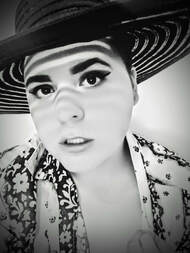 The third installment of “Meet Our Crew” series features one of our wonderful volunteers, Austin Davis! What motivated you to reach out and help the Center? What motivated me to reach out to the community is that I wanted to share my life with the people who are close to me in my heart and is related to me in general. And I wanted to help out my community to make a better environment and to make this known than it already is. What’s your favourite thing about the Center? My favourite thing about The Center is it's home - it is a safe building to walk in and not get judged on. It is a great place to know people who actually cares about you and wants to sit and listen – a place to be open. What do you enjoy doing in your spare time? I enjoy singing. I enjoy being educated with a lot of things. I enjoy writing. Tell us your most favourite thing about Bakersfield? If I'm being honest, Bakersfield isn't really a good place to have fun because there isn't much to do here. But I do love going to the antique malls and getting inspired by things that are ancient and enjoying the times when I wasn't existed then. What’s your favourite event/shop/restaurant in Bakersfield? My favourite restaurant here in Bakersfield Uricchio's Trattoria, and my favourite event is every event that we (The Center) create as possible that we can for everybody to enjoy themselves. What place(s) do you enjoy visiting outside of Bakersfield? The best place is New York City, I love going to the Rockefeller Center and the Central Park. I have gone to Los Angeles, California as a field trip in elementary and we went to the Museum and I love every structure they have. Would love to go again one day. What’s on your playlist? If you meant music playlist, the musical “Kiss of the Spider Woman” has a song called “She’s A Woman” and that’s my all time favourite musical. And I have all sorts of mixed genres. Who’s your favourite musician and why? I love Lady Gaga because not only are we the same but I love her because I can relate to what she's saying and the way how we both carry ourselves as human beings on this earth and how we express ourselves. What shows are you currently streaming on Netflix? I don't have Netflix and I don't have a specific show that is on Netflix but I do love watching my favourite film “La Haine” by Mathieu Kassovitz in 1995. What is your favourite movie of all time and why? I love “Wicked Woman” movie from 1953 because my favourite actress Billie Nash played Beverley Michaels. I love how she showed sexiness and how she was being a floozy and tried to get at Mister Bannister to leave to Mexico. Best way I can put it. Is there a LGBTQ+ public figure that has inspired you? How so? Once again I have to say Lady Gaga because she is a spokesperson activist in our community and she does all the best that she can to help the community to become the best people that we can be. Also, the messages in her music are so noticeable that it catches people’s eye. I cherish every inch of her that God has made her to be. Tell us a unique feature about yourself! My unique is in the light – I am very enthusiastic with everything I do and that I will be doing in the future. My uniqueness is wordless! about the AuthorR. Velasco is a Canadian writer new to Bakersfield. She is actively seeking ways to raise community consciousness about LGBTQ issues and topics, one blog post at a time. She is also part of The Center’s Women's Support Group. On Tuesday November 5th at 7pm, a fundraising picnic is taking place at the beautiful Metro Gallery benefiting the LGBTQ+ youths and allies in Kern County! Enjoy the night filled with fun festivities in support for our LGBTQ+ youths and student clubs. Proceeds will go into creating safe environments for youths in school. For more details and to purchase your tickets, visit PICNIC @ the Gallery: Stepping Up and OUT for Students. about the AuthorR. Velasco is a Canadian writer new to Bakersfield. She is actively seeking ways to raise community consciousness about LGBTQ issues and topics, one blog post at a time. She is also part of The Center’s Women Support Group. I am excited to say that the Women’s Support Group is starting up again at The Center for Sexuality and Gender Diversity! The first meeting is going to be Halloween themed and will be held on October 2nd at 5:30 PM - 7:00 PM. The recipe for a good time consists of a great environment, enjoyable people, and food, of course, so for this first meeting, we will be having a potluck with a pumpkin carving!
Things to Bring to the October 2nd Potluck & Pumpkin Carving: You can bring any size of pumpkin and carving tools. You can also bring a food of choice to the potluck. We plan to have Hocus Pocus playing in the background. (If you do not wish to bring any food or pumpkins you are more than welcome to come by anyway, and have something to eat while getting to know everyone). The best way to reach out and learn more about the group is to find it on Facebook at The Center Women's Support Group. This is a closed group online that you can add yourself to. (If you do not wish to do so that is perfectly fine as well; you could always send us a message and we could get back to you as soon as possible.) Hope to see you there! I was raised Catholic by Lebanese parents who grew up in war. My parents moved to America shortly after my older sister was born. Religion is what got them through tough times even after moving to America and having to basically start over. I strongly respect them and what they believe in even though I’m not religious myself anymore. In high school I was very religious. For almost two years, I went to church every Wednesday on my own accord because I wanted to feel close to God. I always loved the spirituality part of it instead of sitting through Mass and listening to some grumpy looking old man talk about the Bible. I would go to church, talk to God for however long about anything, and then I would go home feeling great. I did not tell anyone else at the time that I was attracted to girls and would ask God to give me a sign that it was ok to like other women. I also really wanted to be bisexual so that I could just focus on my attraction for men. One of the main issues with that was the lack of attraction and the depression that would go along with dating people you’re not into. I wanted so badly to be gay without feeling like God would disapprove or that something was wrong with me. My parents never talked about the LGBT community but my mother had gay friends while I was growing up so I knew she at least didn’t think negatively about the community. I still spent a good time in silence feeling like I was disappointing God and eventually my family if I ever decided to date a girl. Eventually I stared telling people including my sister. She was ok with it from the start. When my parents found out, I knew by then I was only attracted to women. They were approving which was surprising to me but there was an adjustment period for them. I started feeling guilty for my parent’s approval because I didn’t want them going to hell too because I liked girls and they supported me no matter what. I started taking some philosophy classes in college that made me question religion. I ended up coming to the conclusion that if there is a God, he doesn’t care about people being gay or believing in him. He Just cares about people being good or bad. I’m not someone who thinks I have all the answers I really don’t know much but I think it’s ok to have different opinions and I respect anyone for their religion or lack of. One time I went to church with my sister and we attended a Mass where the priest was genuinely kind but he said that it was wrong to be gay. That really bothered me because he isn’t trying to cause harm to others and he thinks he’s doing the right thing. Saying things like that could truly hurt LGBT children in the future, who love God but hate themselves for being who they are. Life is difficult enough we don’t need people telling us that who you are as a person is morally wrong. I actually really liked the priest until I heard that because he seemed like he really cared about what he was doing and talking about with good intentions. It’s a weird feeling to know you strongly disagree with someone who thinks in their heart they’re helping you. I once had a lady hand me a card saying I deserve to burn in hell for my sins and an advertisement for her church on the other side because I was talking to my friend about a girl I liked. She told me, “Jesus loves you” and I thanked her for the card until I read it and was taken back by the dramatization of my doomed future in the fiery pits of hell. In my heart again I felt like she meant well so it puts me in an odd position but I do not agree with her and I think it’s really unhealthy to think this way. I spent too much time feeling guilty for being a lesbian and lusting after women but in a world with Olivia Wilde playing bisexual characters on TV, it’s just cruel. All jokes aside, I know a lot of churches and religious people do actually accept the LGBT community. I’ve also met a few religious people that are members of the community and I think that’s great. My family is very religious and I love them with all my heart. I know there are a lot of wonderful religious and atheist people out there. We can all exist peacefully if we all respect one another. I think that anyone is entitled to their own religious beliefs and should be respected and respect others for their beliefs. The nonbinary community is a branch of the trans community that is often less known among members of the queer community. Here’s a few of the most common nonbinary identities: 1. Nonbinary/Genderqueer (noun)
Nonbinary and Genderqueer are both umbrella terms for people who identify as not strictly Male or Female. A Nonbinary or Genderqueer person might feel both Male and Female, neither Male or Female, partially Male, partially Female, etc. Other slang words for Nonbinary are nb and enby. 2. Agender (noun)
Agender people do not identify with being Male or Female in any amount whatsoever. Agender people often use the They/Them pronoun set. 3. Androgyne/Bigender (noun)
Androgyne and Bigender people identify with both of the binary genders. They might relate to both equally, or might favor one over the other. Androgyne and Bigender people often use the They/Them set of pronouns, both He/Him and She/Her sets, or They/Them, He/Him, and She/Her sets. 4. DemiMale/DemiBoy/DemiMan/DemiGuy, etc. (noun)
DemiMales partially identify with being Male, and partially identify with being Agender. They might relate to both equally, or might favor one over the other. DemiMales often use the The/Them and He/Him pronoun sets. 5. DemiFemale/DemiGirl/DemiWoman/DemiGal, etc. (noun)
DemiFemales partially identify with being Female, and partially identify with being Agender. They might relate to both equally, or might favor one over the other. DemiFemales often use the The/Them and She/Her pronoun sets. 6. Genderfluid (noun)
A common misconception is that Genderfluid is a gender in and of itself. However, Genderfluid is not actually a gender but rather a descriptor to use instead of a gender, as someone who is Genderfluid has a gender that changes over time. In other words, Genderfluid isn’t a standalone gender. Genderfluid is a label that describes a gender that changes over time. As an example, a Genderfluid person might feel Female one day, then Male another day, then Agender the day after that. Genderfluid people often use the They/Them pronoun set, or all of the They/Them, He/Him, and She/Her sets. *** Please keep in mind that this is not an exhaustive list. There are many other less common and more specific Nonbinary identities. These are just some of the most common ones. The pronouns listed here for each gender identity are a generalization. Many nonbinary people use nonstandard pronouns or neopronouns, such as the Xe/Xem or Ze/Hir sets. (As always with pronouns, the best way to find out the pronoun set a person uses is just to ask.)
San Diego Pride was held on the weekend of July 13th – 14th this year and there was a whole lot of glitter in the air. According to the Times of San Diego, a ground-breaking record of 360,000 people unified together to celebrate the 50th anniversary of the Stonewall legacy. First thing on my agenda was the Pride 5K Run & Walk race to cheer on my beautiful wife, Karin, and the Center’s very own, Jaime! While I waited for them to cross the finish line, I walked around to admire the decorations for the parade. The streets of Hillcrest were filled with extravagant ornaments of rainbows, sparkles, and unicorns to say the least! Everything was so vibrant that it really generated an inviting and inclusive atmosphere. I hurried back just in time to applaud Karin’s and Jaime’s victories at the finish line. They surely made the race look easy and they inspired me to maybe even join them for next year’s race. We managed to secure a great spot for the parade before it got too crowded. The energy was contagious – Hillcrest was captivated by a big wave of positivity and respect. The freedom of self-expression was LOUD and people looked blissful and confident in being themselves. One of the first groups that led the pack was Dykes on Bikes. There’s something about women on badass bikes that shouts liberation and empowerment! I appreciate their symbolic movement and maybe one day my wife and I will join in on the fun. There were many awesome floats, ones where a lot of effort had been put in. It was an honour to watch the LGBTQ+ community march on with their respective clubs. Each club represented a significant meaning to raise awareness and as each group passed, I couldn’t help but proudly acknowledge how far we’ve come and how crucial it is to keep fighting for our rights. In that moment, I felt the purpose of the parade – its significance within the community and in my life. After the parade, we made our way to Pacific Beach to cool down from being out in the San Diegan heat. The beach was exactly the vitamin I needed to prepare myself before dancing the night away. The Pride festivities continued at Balboa Park and it had plenty of vendors, music stages and good vibes. My night started off dancing to HYM at Movement stage and then grooving to Kinky Loops. My favourite performance of the night was King Princess at the Main stage. What I loved most was that she brought a lot of different energies to her set. The last act I caught was DJ Whitney Day, who closed down the night with an energetic house set at the Euphoria stage. Overall, I was really impressed with the execution of the festival as it had the right balance of spreading awareness and showcasing talent. Not only was it uplifting to be amongst the LGBTQ+ community in tribute on a monumental anniversary of Stonewall, but it was also the perfect reminder that WE ARE NEVER ALONE. I would definitely attend again and highly recommend San Diego Pride for everyone to experience. about the AuthorR. Velasco is a Canadian writer new to Bakersfield. She is actively seeking ways to raise community consciousness about LGBTQ issues and topics, one blog post at a time. She is also part of The Center’s Women Support Group. |
Receive Monthly UpdatesWe have so many exciting things going on, be the first to find out!
|
Helpful Links |
Get Involved |
Contact Us |
Certified as Financially Sound and TransparentEIN: 45-3709449
|
|
© The Center for Sexuality & Gender Diversity 2018
|
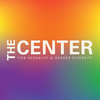

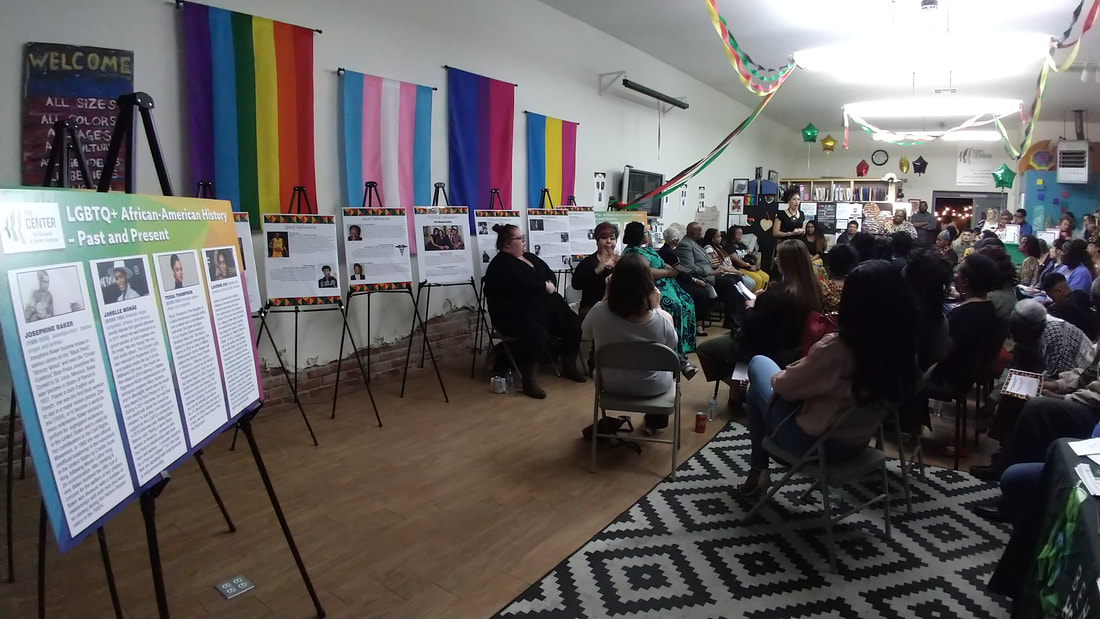
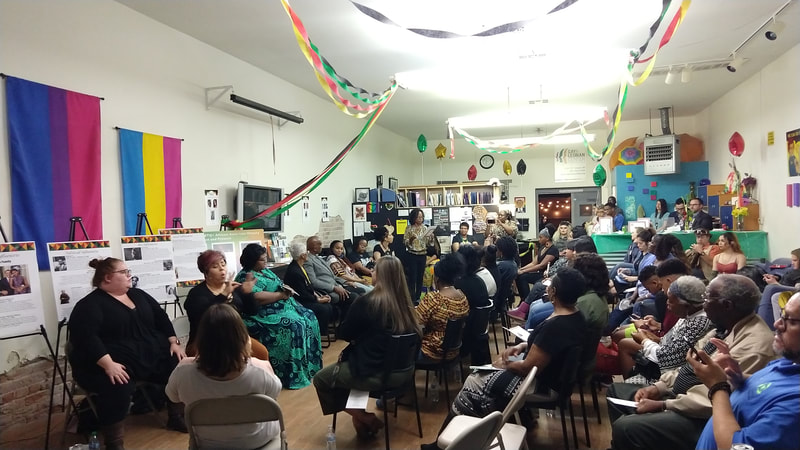
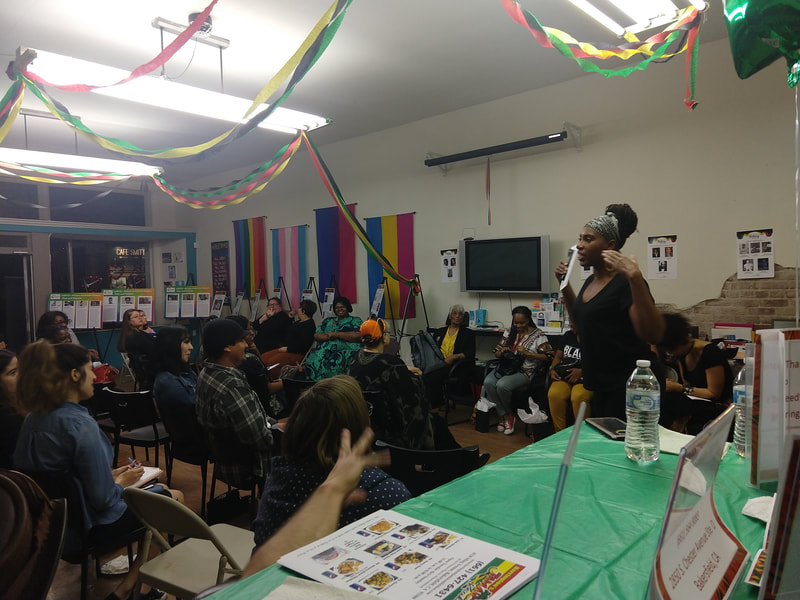
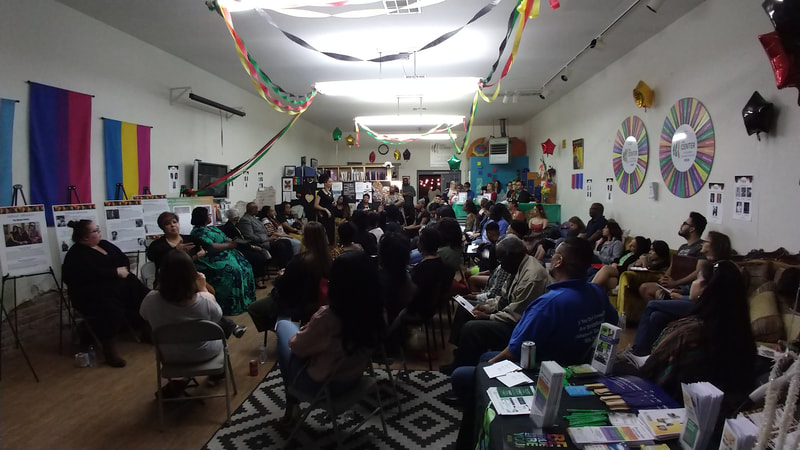
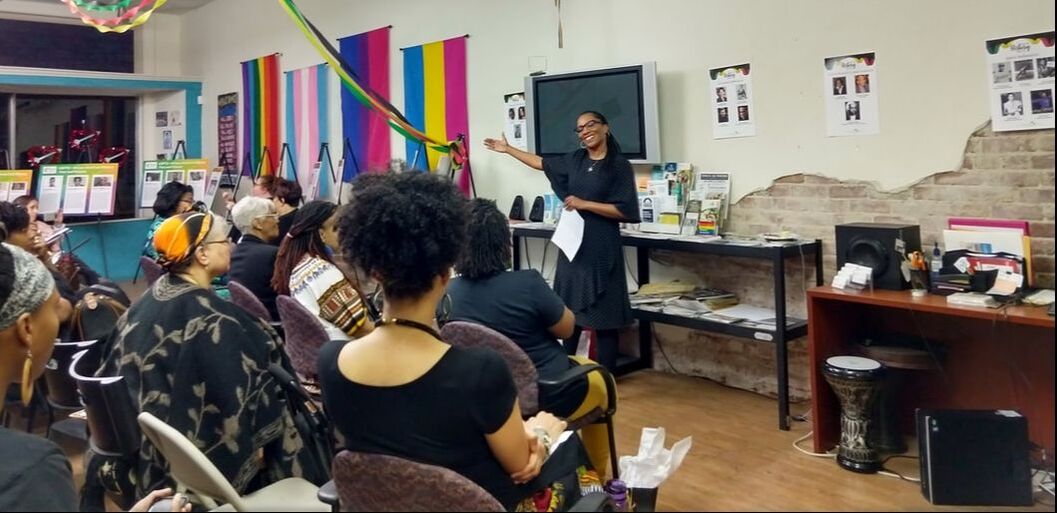
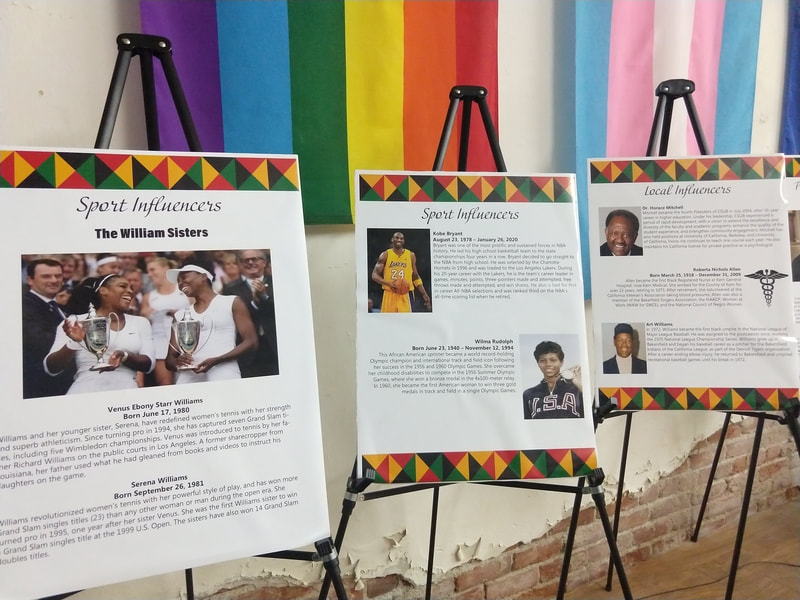
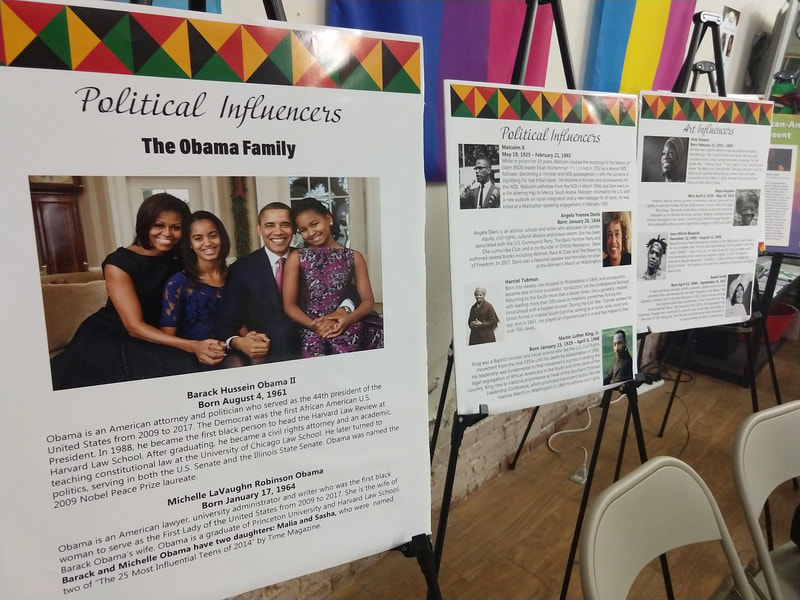
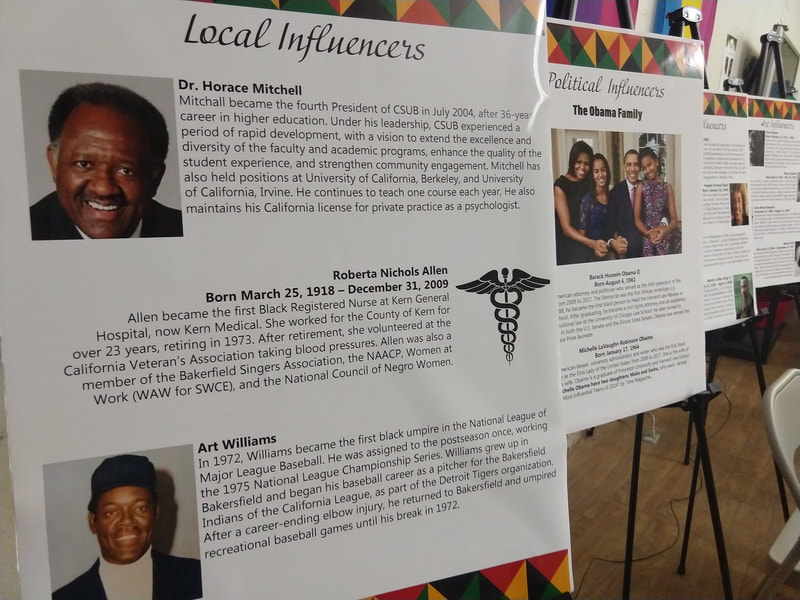
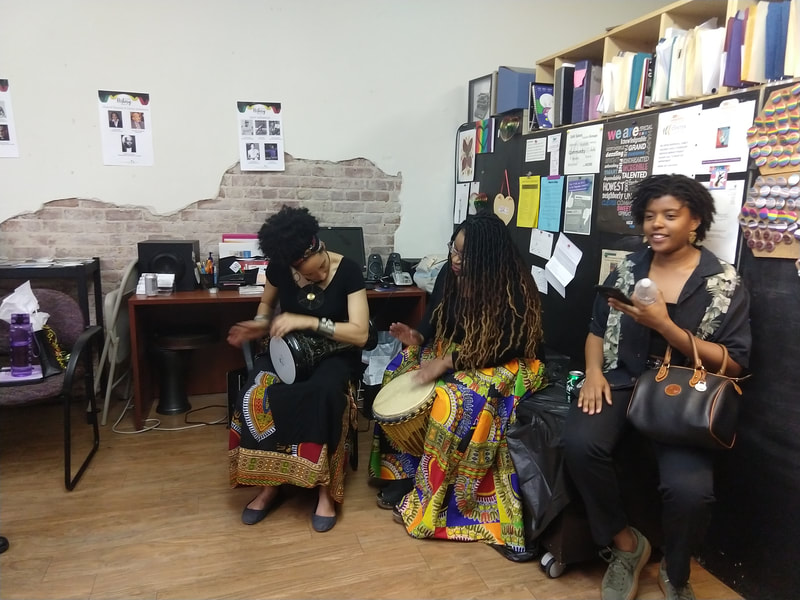
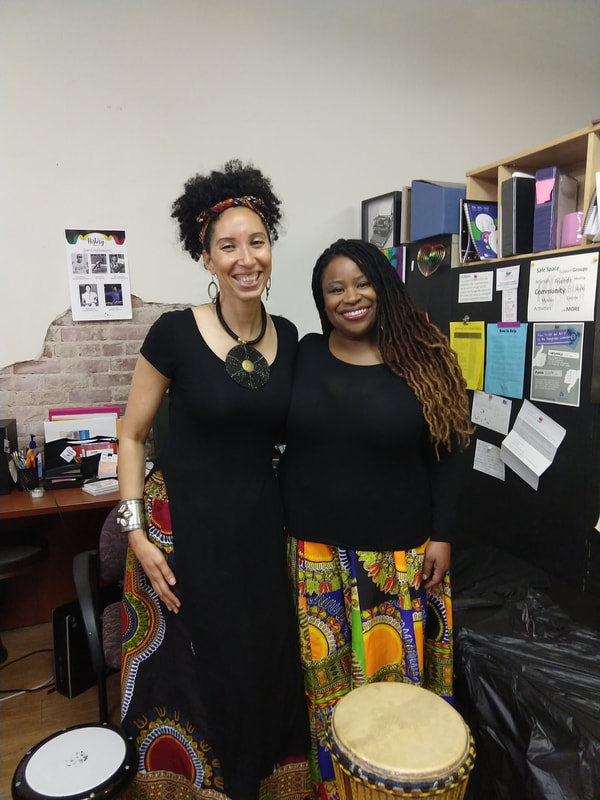
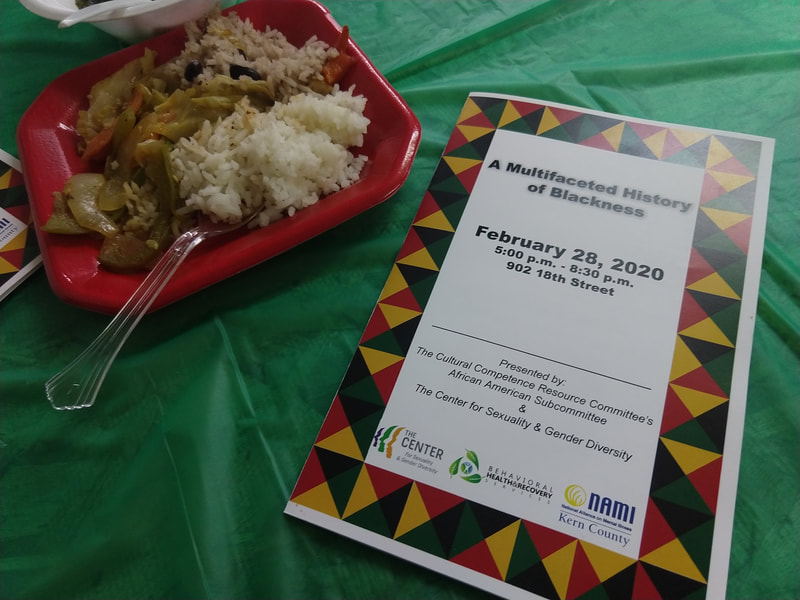
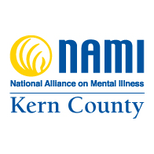


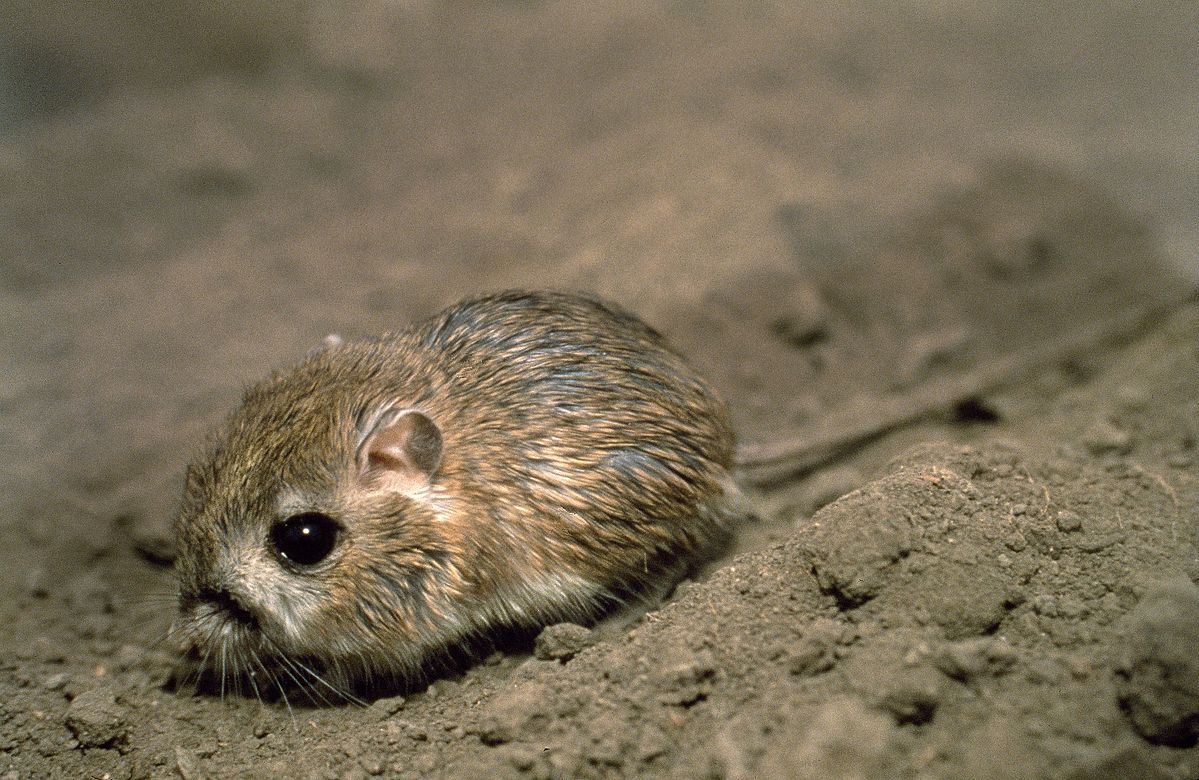
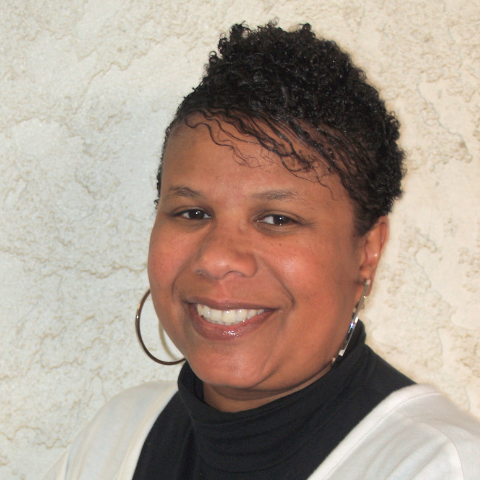
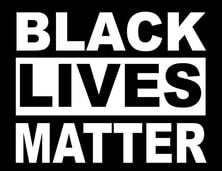

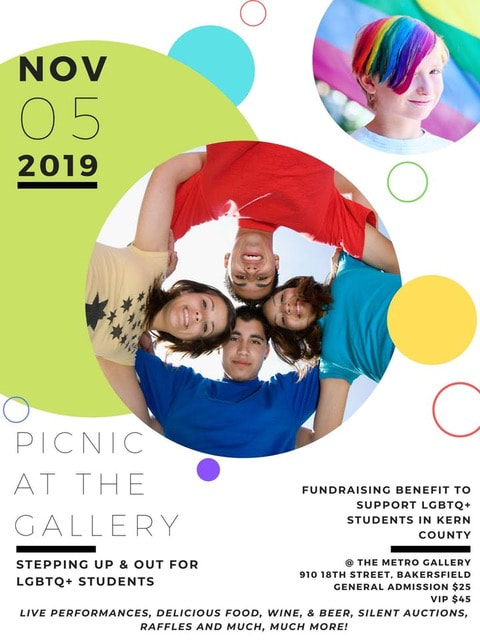
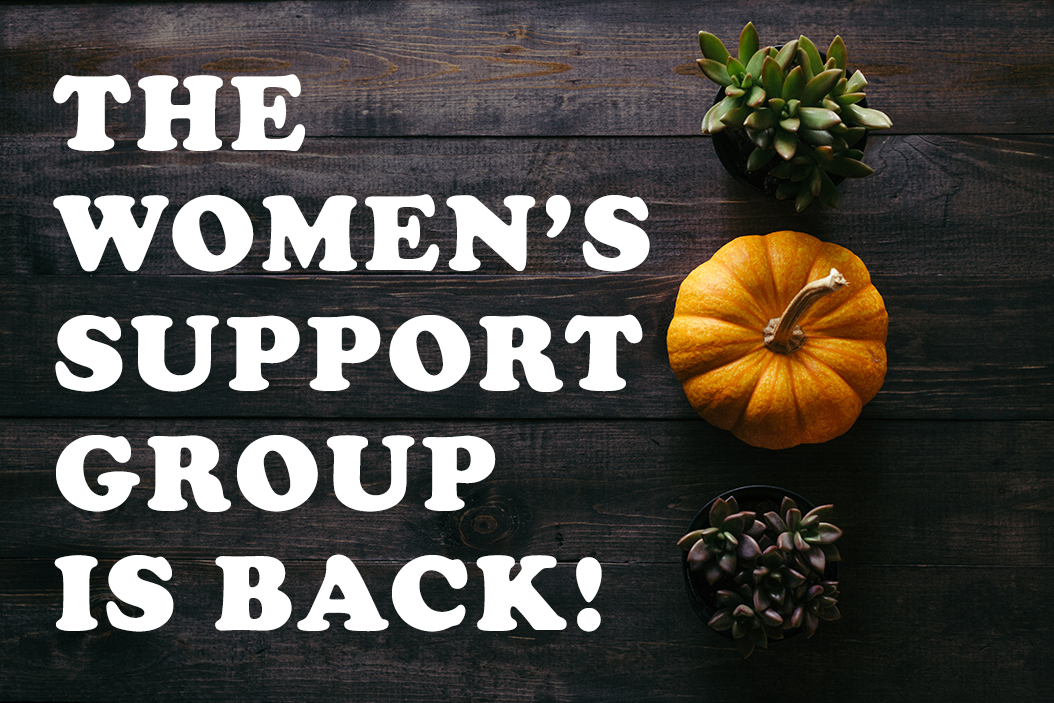
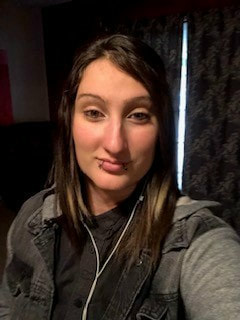
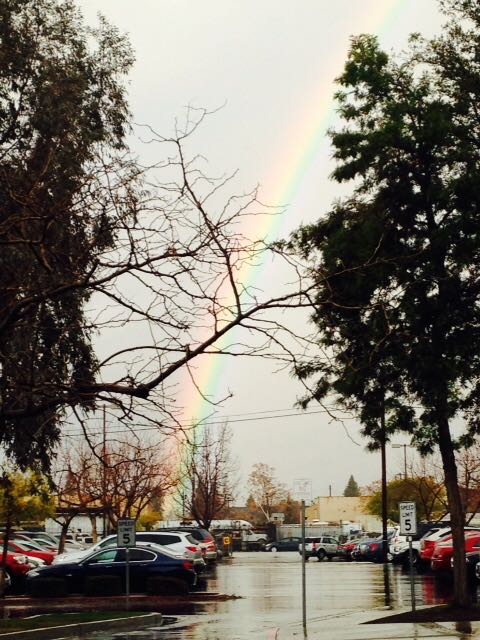
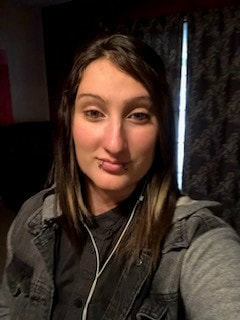
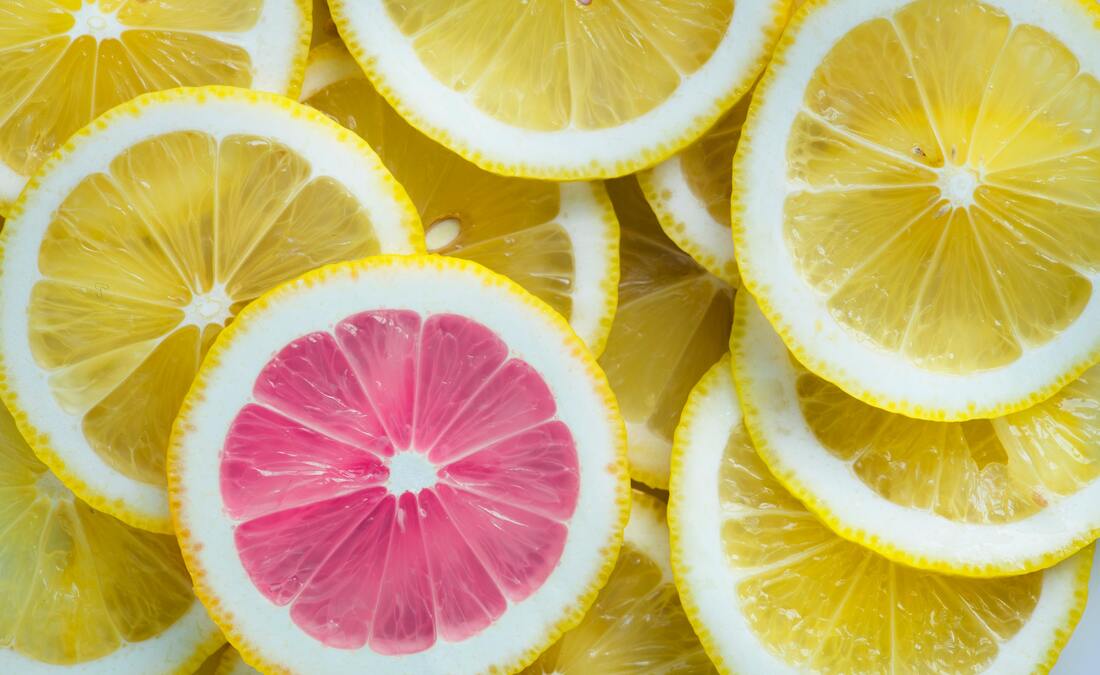
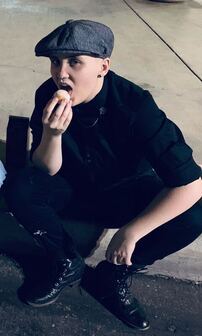
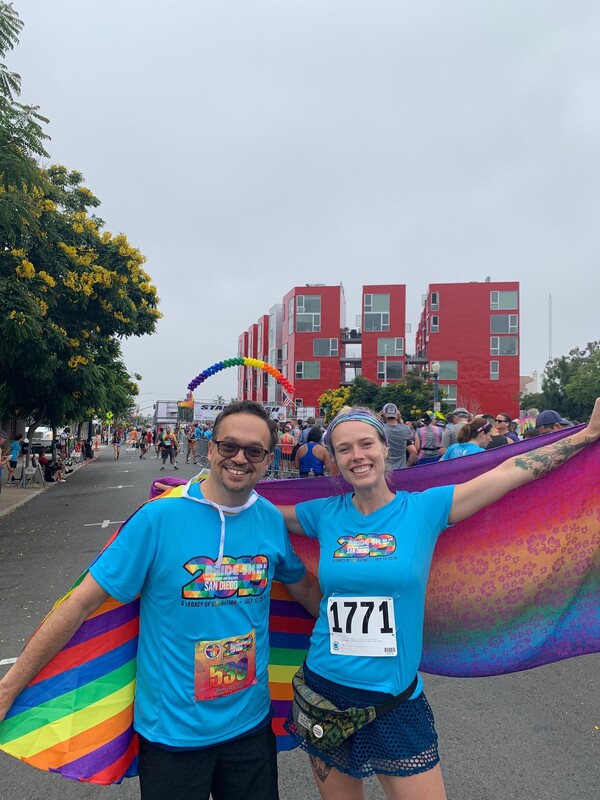
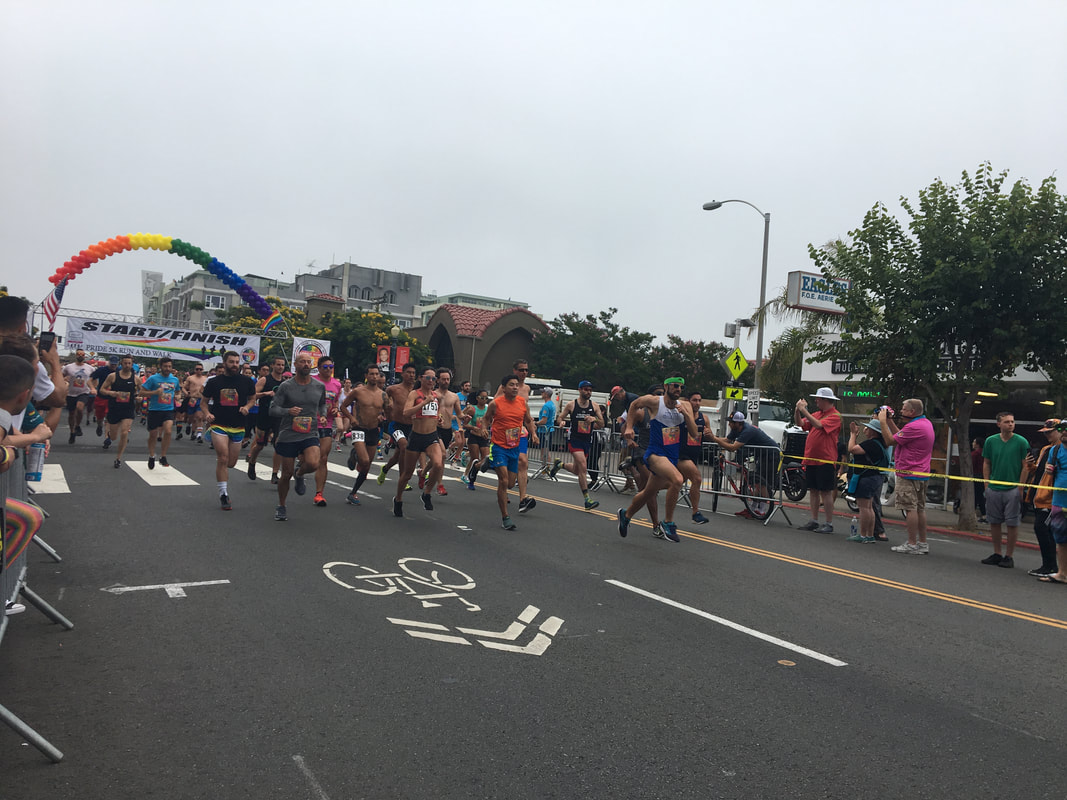
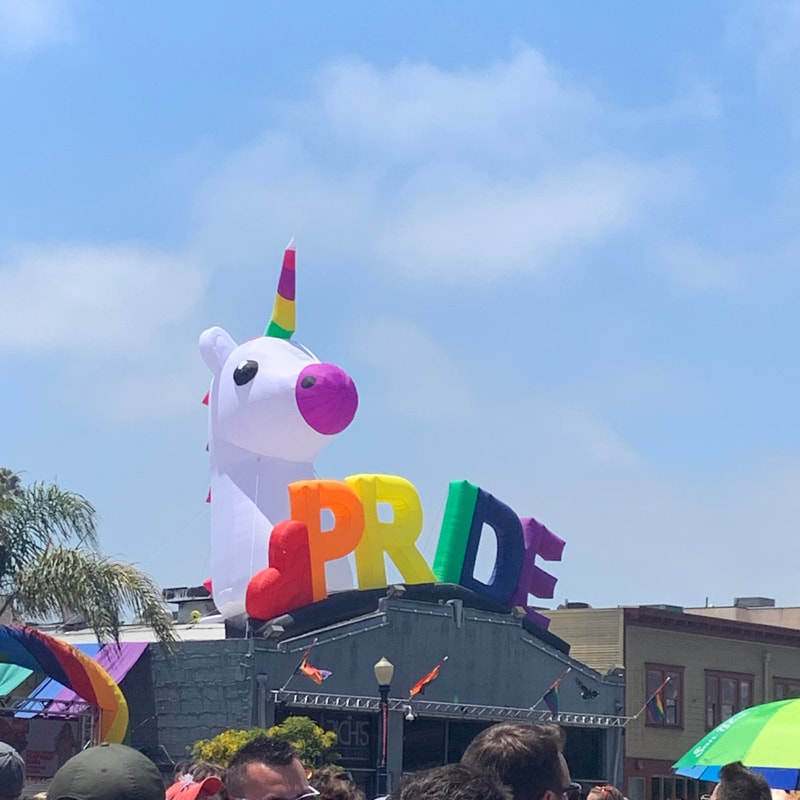
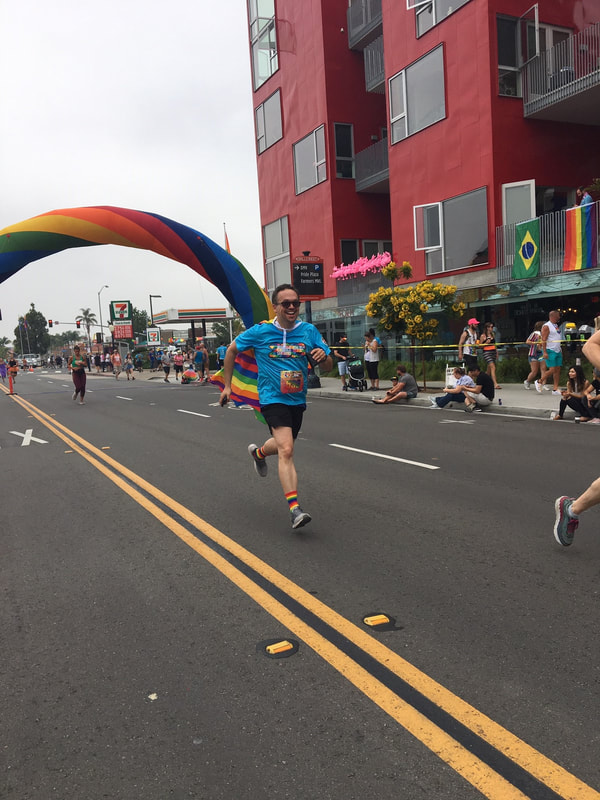
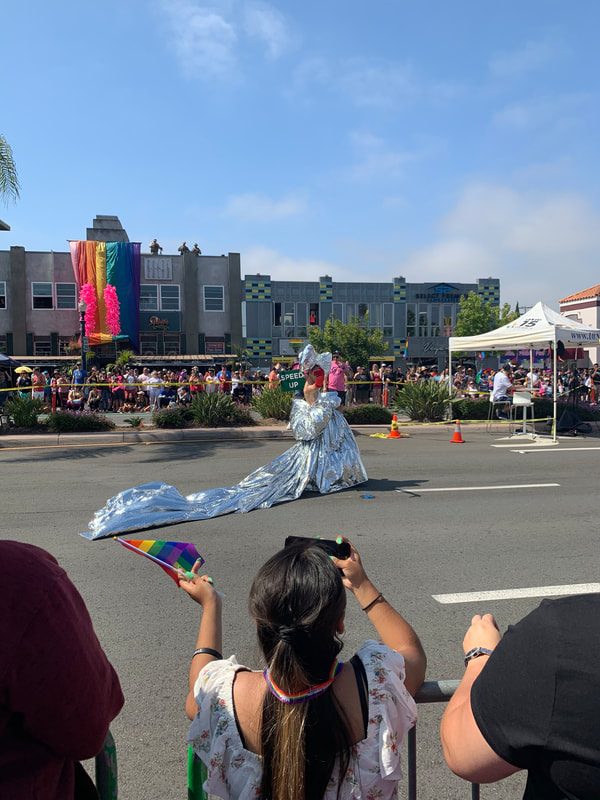
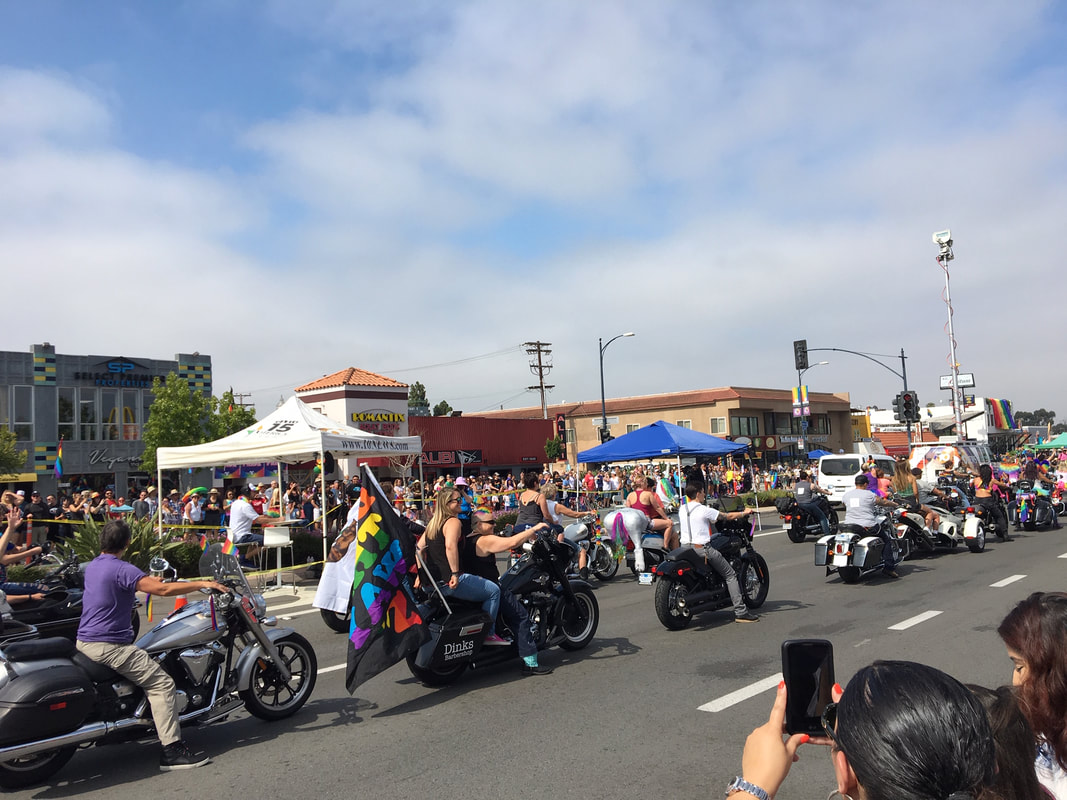
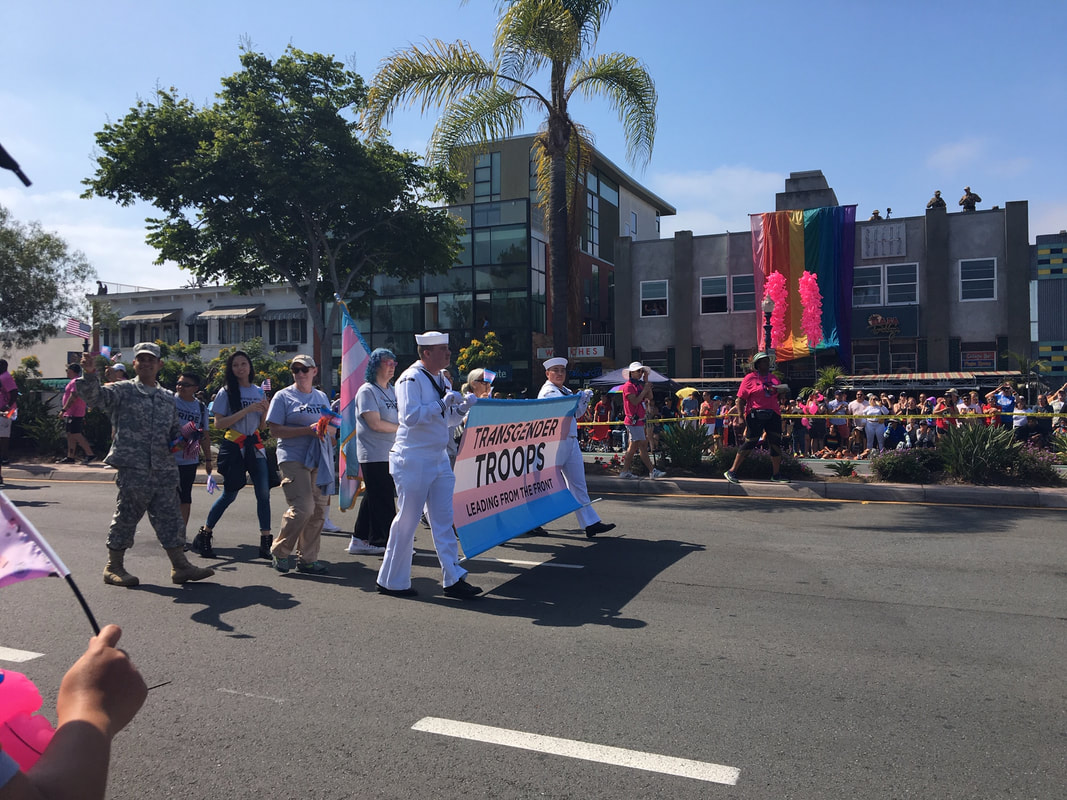
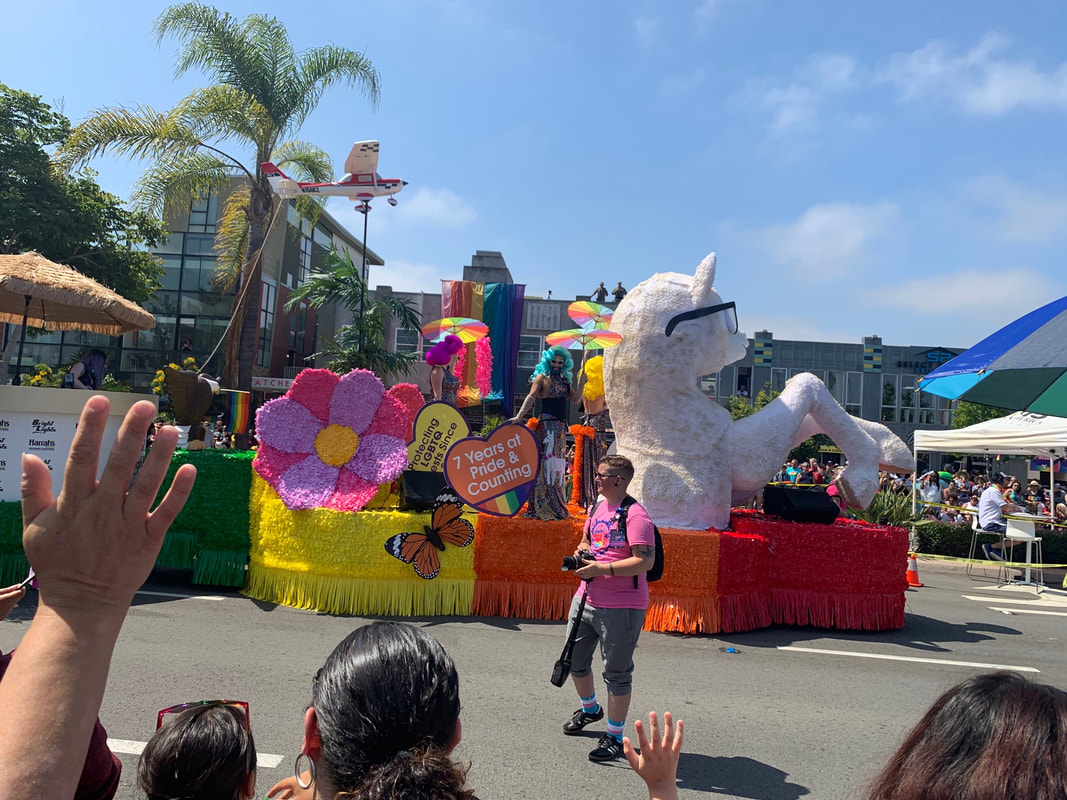
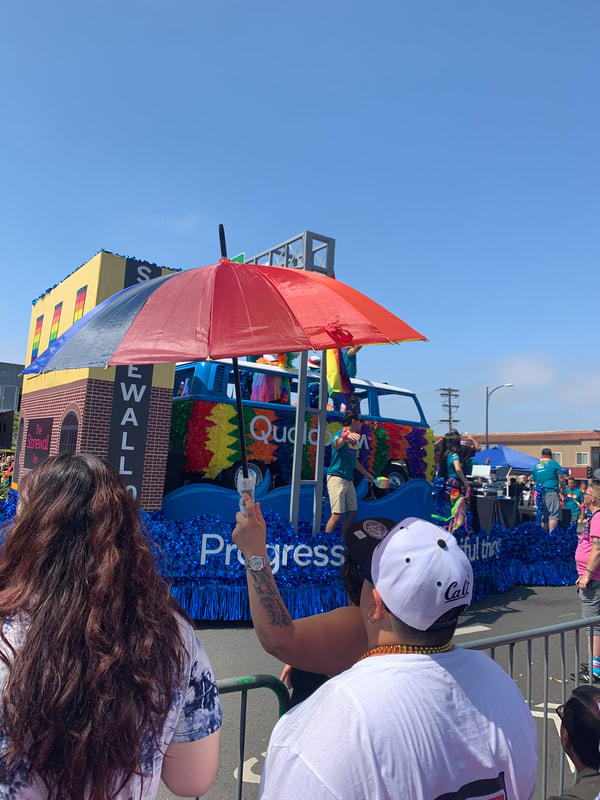
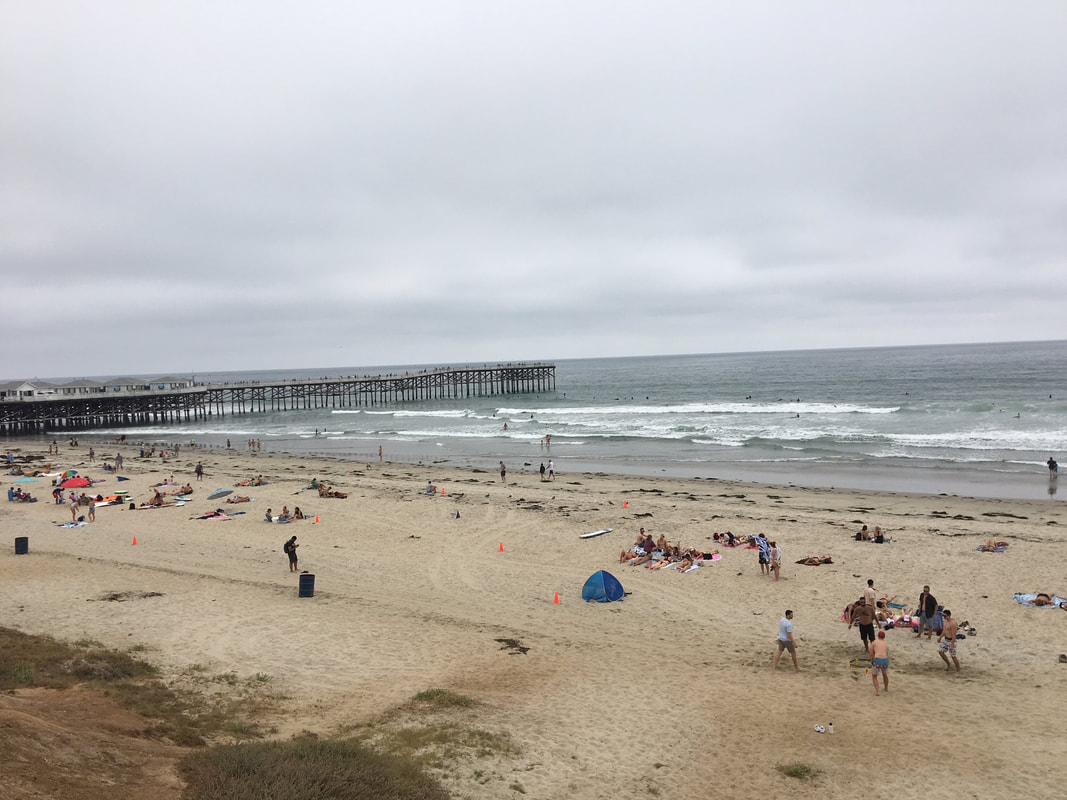
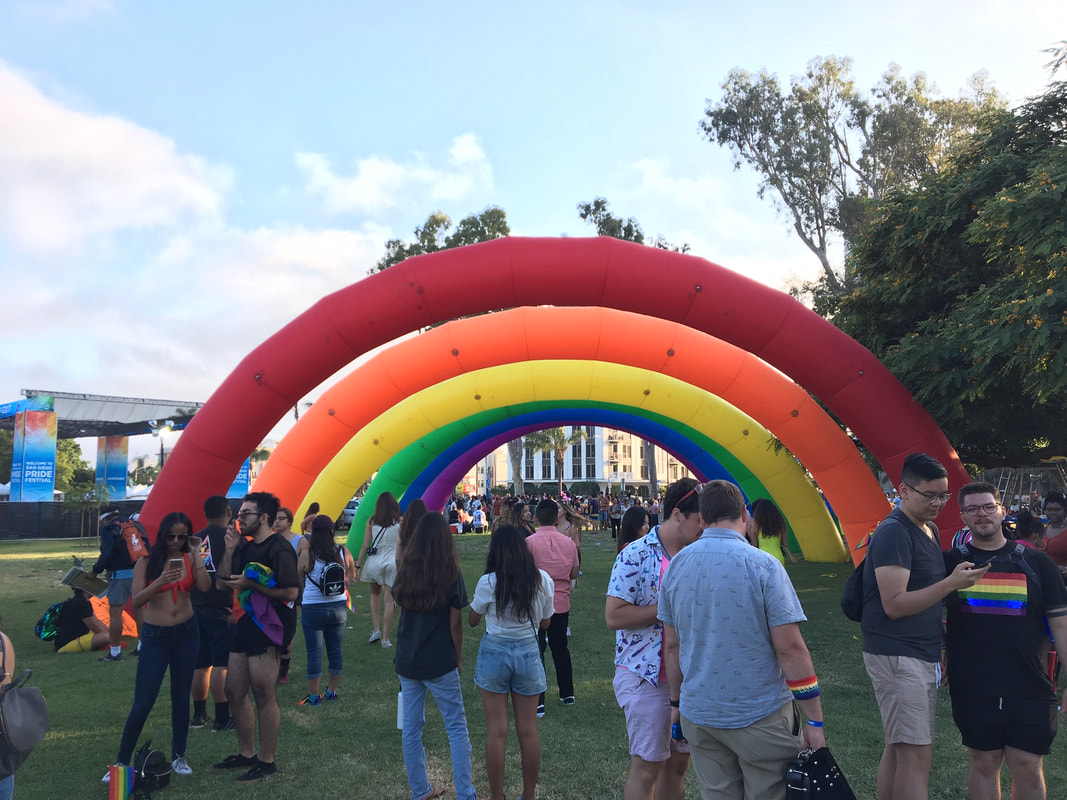
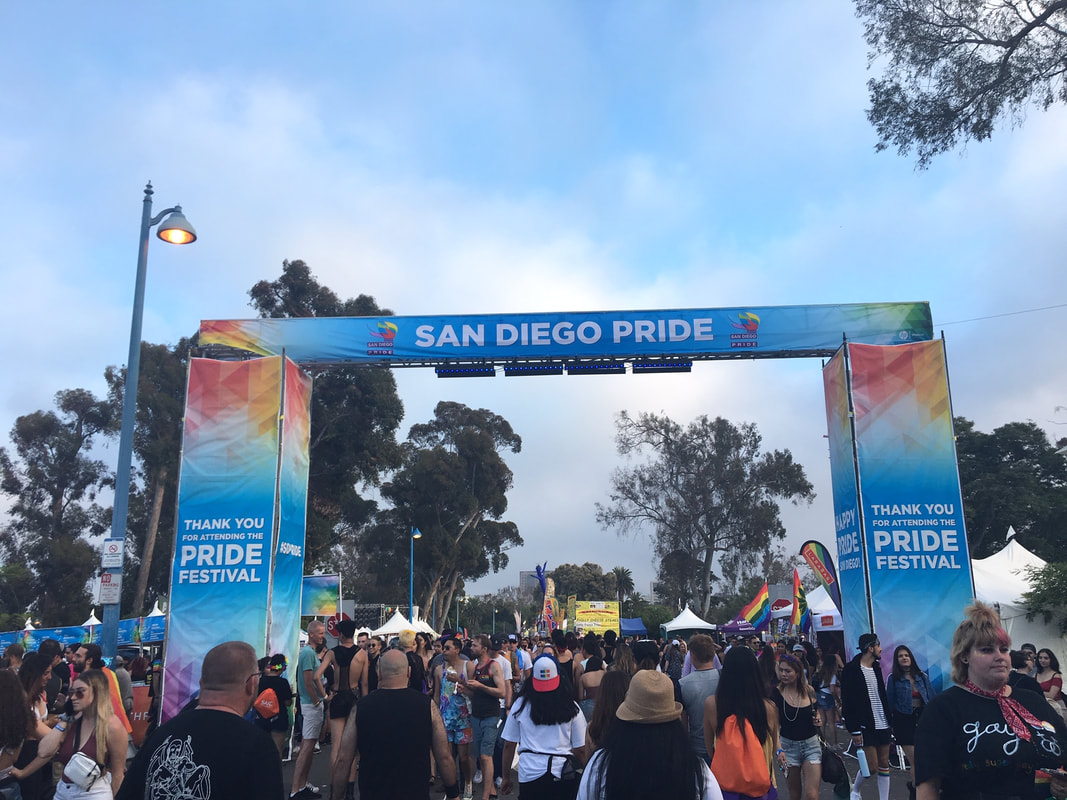
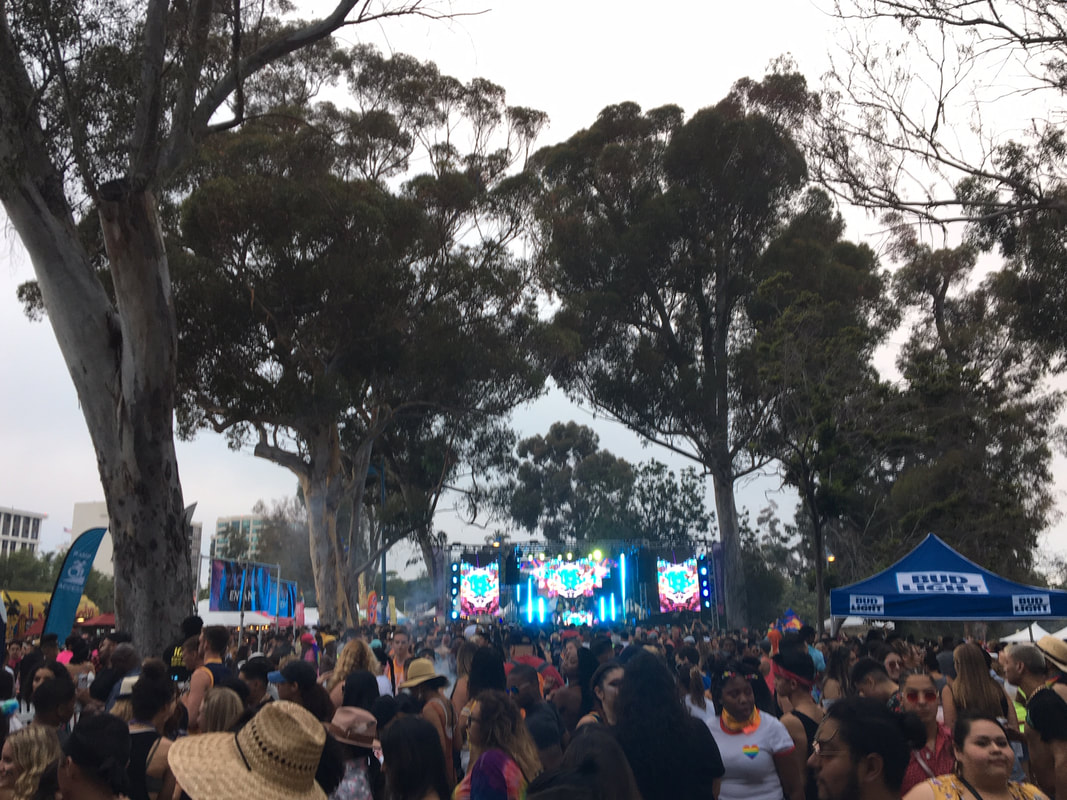
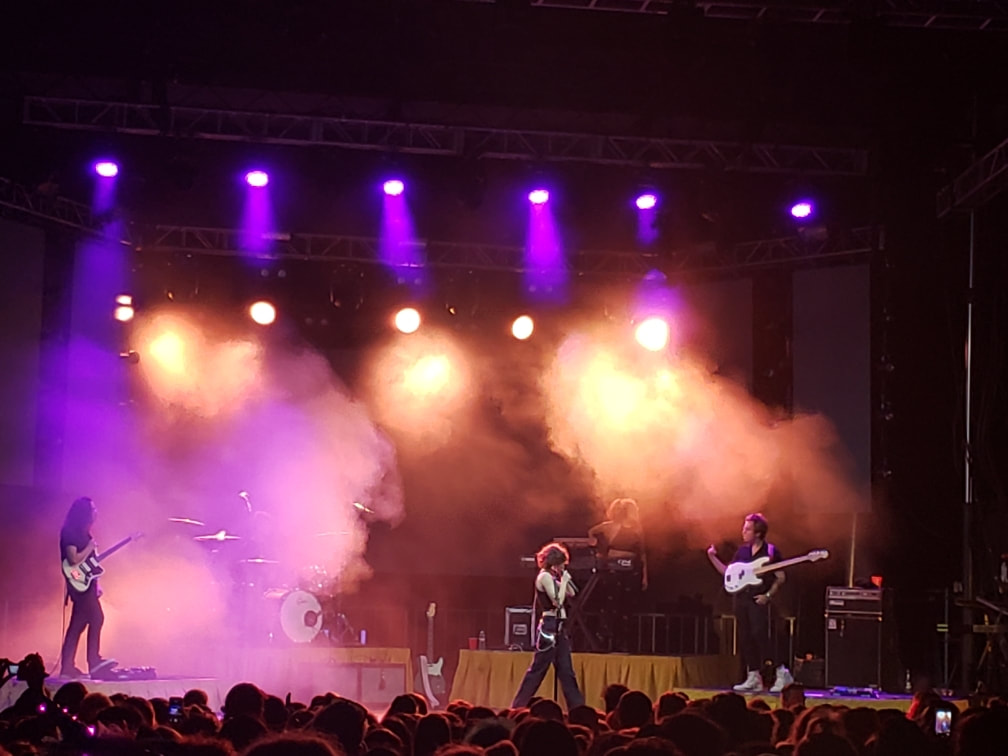
 RSS Feed
RSS Feed


